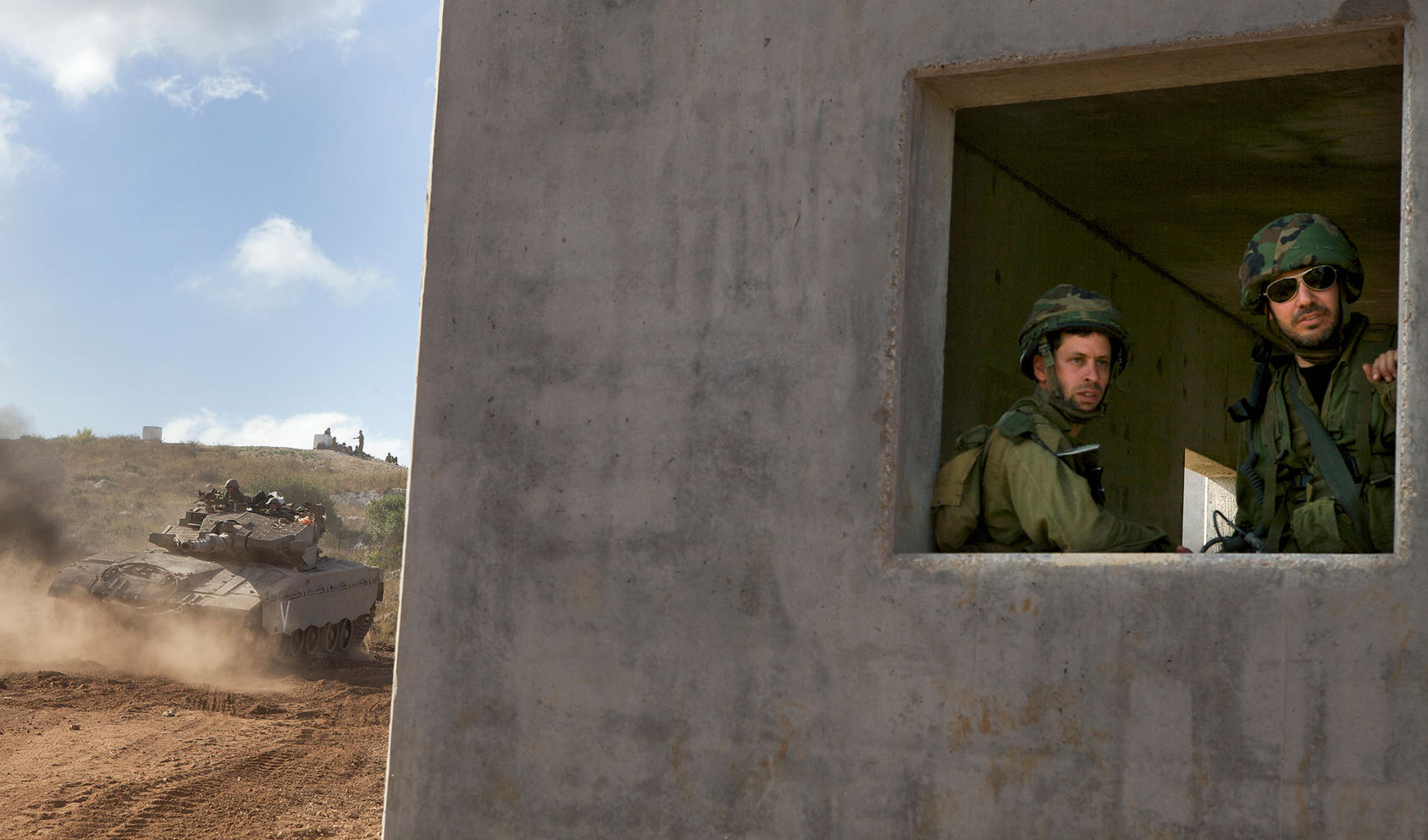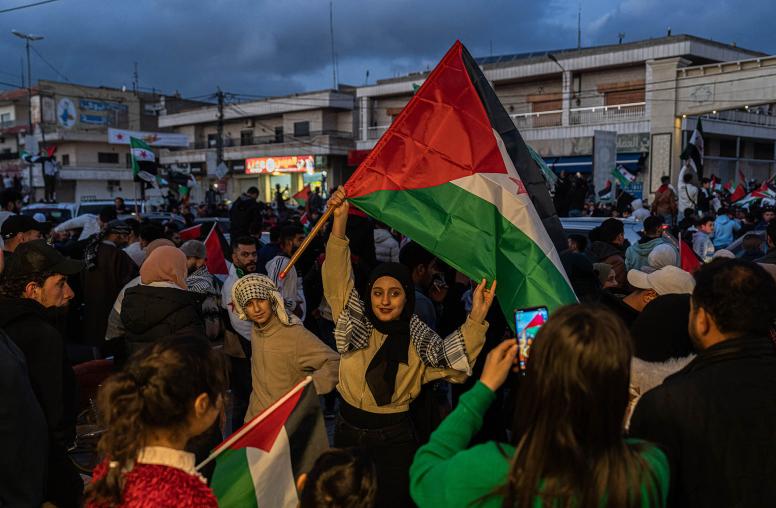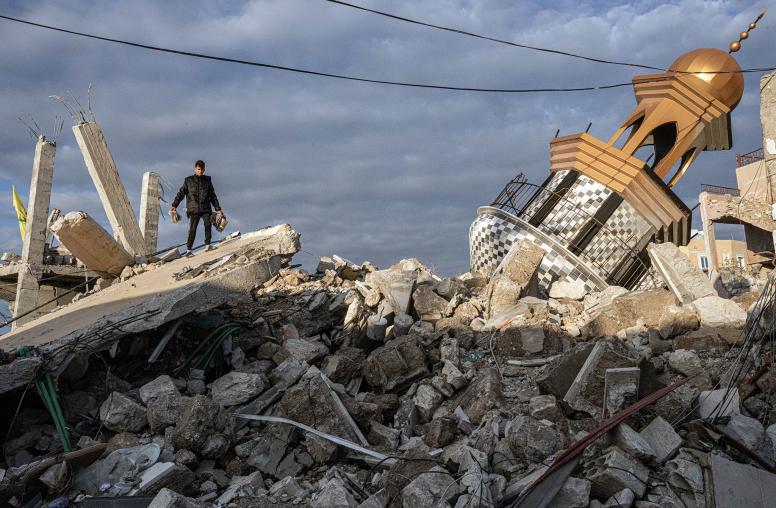The Lebanese militia Hezbollah's intensifying threats against Israel, such as warnings that the group could cause massive casualties by striking Haifa’s ammonia facilities, probably are less dangerous than they appear. While an outbreak of fighting between the two antagonists is always possible, for now Hezbollah has little motive to disturb the unspoken rules that govern their enduring conflict.

Hezbollah’s bombast more likely reflects its concern that Israel might decide the time is right to change those rules and attack the Shiite organization on its home base in Lebanon.
The Israel-Hezbollah understanding essentially avoids retaliation by Hezbollah from Lebanon for Israeli actions in Syria. So long as Israel avoids striking in Lebanon, the Israeli-Lebanese border, bristling with tens of thousands of Hezbollah rockets and missiles, remains quiet. The arrangement has persisted even as Hezbollah has sent thousands of militants to fight for Syria’s President Bashar al-Assad.
The long game for Hezbollah and its Iranian sponsor is playing out along Syria’s border with Israel. After relieving Syrian government troops in some parts of Syria and defeating rebels fighting Assad’s forces in others, Hezbollah is building up its presence in the Syrian-Israeli border areas of the Golan Heights.
While Hezbollah may have to absorb attacks against its leaders or bases in Syria, such losses are seen as the cost of establishing another layer of strategic threat to Israeli security. It took Hezbollah from 1982 to 1996 to build a powerful presence in southern Lebanon despite repeated Israeli operations.
Hezbollah’s role in Syria also inhibits serious provocations against Israel. A war with Israel would force Hezbollah to fight in Lebanon, stretching thin its capacities and eroding performance on the very strategic Syrian battlefield.
Concerns Build
Hezbollah likely sees several reasons for concern about Israel’s intentions:
- Distrust between the Gulf Cooperation Council and Iran is at an all-time pitch. Attempts at rapprochement between Israel and some GCC nations are seen as a possible prelude to discreetly coordinating a wider military action.
- Israel may sense a grace period to act without U.S. restraints before the new administration in Washington settles on a Middle East policy.
- In Lebanon, relations between Sunnis, who generally view the Shiite militia as a threat, and Shiites, who largely back Hezbollah, are more strained than ever, posing a threat to Hezbollah in its back yard.
- Hezbollah’s buildup on the Syrian border, seen by Israel as expanding the Iranian threat along another frontier, could provide justification for a wider war. That message was apparently conveyed to Hezbollah’s chief Hassan Nasrallah in the past weeks, according to Arabic-language news reports, triggering his warnings that Hezbollah can hit Haifa’s ammonia facilities. Israeli researchers say such an attack could kill hundreds of thousands of people.
Hezbollah usually reminds the world of its deterrent capabilities when its legitimacy is challenged or when it senses Israel might change the rules of engagement. The group is almost certainly not looking for a fight right now.
Its short-term priorities are to maintain the status quo with Israel, keep Assad in power and maintain relative stability in Lebanon, where Hezbollah controls key positions, including the presidency, the speaker of parliament, the heads of the army and most security agencies. As a result, the prospects for war in the near future may depend in part on whether Israel really envisages a war with Hezbollah or is just pushing back to prevent its adversary from miscalculating its way into a new foray.



